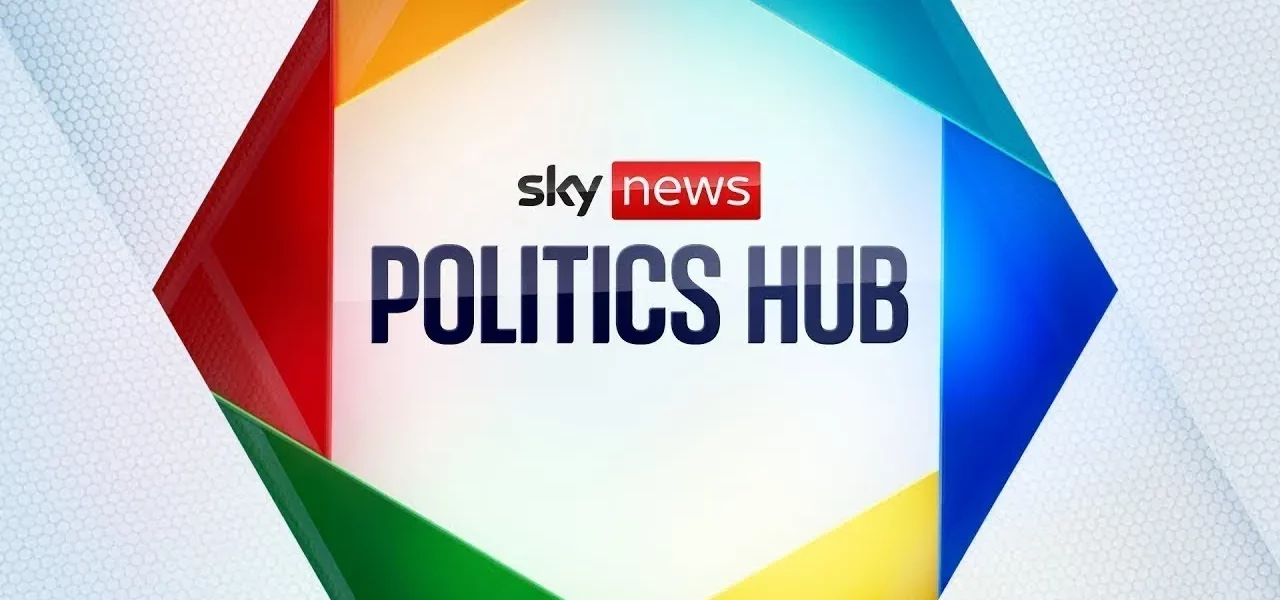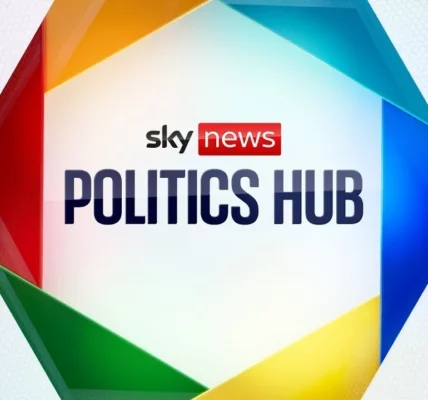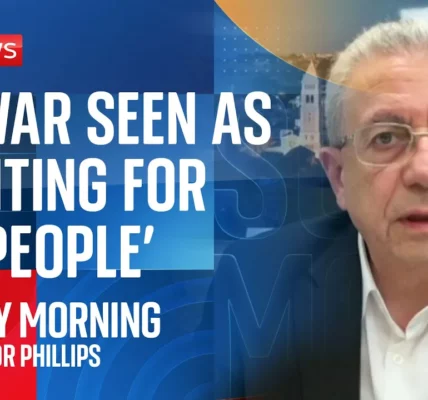NHS Funding Crisis and Political Landscape Ahead of Elections

As the UK approaches a pivotal election, the crisis in NHS funding has come under intense scrutiny. Independent analyses suggest that regardless of the election outcome, the NHS may face greater challenges than during the austerity years. This article delves into the political dynamics at play, the implications for the healthcare system, and the broader electoral landscape.
Introduction to the NHS Funding Crisis
The National Health Service (NHS) has been a cornerstone of the UK’s welfare state, but recent analyses reveal that it is at a critical juncture. With the looming elections, both major political parties—Labour and the Conservatives—are under pressure to present viable plans for the NHS. An independent study by the Nuffield Trust indicates that the NHS could be left in a worse position than during the austerity measures of the past decade, raising alarms among healthcare professionals and the public alike.
Political Responses to the NHS Crisis
Conservative Party’s Position
Former Conservative cabinet minister Liam Fox argues that the Tories will protect the NHS, asserting that their funding record has been robust compared to previous administrations. He emphasizes the need for effective spending rather than merely increasing financial allocations.
- Focus on outcomes rather than input (money spent).
- Introduction of initiatives like “hospital at home” aimed at reducing acute admissions.
- Claims of record NHS funding levels under Conservative governance.
Labour Party’s Promises
The Labour Party, on the other hand, promises a significant increase in NHS appointments and staffing to tackle backlogs exacerbated by the COVID-19 pandemic. Labour’s leadership insists their plans will not lead to funding squeezes, countering criticisms from the Conservatives.
- Commitment to hiring tens of thousands of additional healthcare professionals.
- Plans to cut waiting lists and improve patient care.
- Rejecting claims of a financially constrained manifesto.
The Impact of Austerity on NHS Funding
The austerity measures implemented during the last decade have had lasting effects on public health and the NHS’s operational capacity. The Nuffield Trust’s analysis shows that current spending plans from both parties fall short of addressing the systemic issues within the NHS.
Historical Context
During the coalition years, the NHS experienced significant funding cuts, leading to:
- Increased waiting times for patients.
- Strain on healthcare professionals and resources.
- Decline in patient satisfaction and care quality.
Current Challenges
Amid the ongoing political discourse, several challenges remain unresolved:
- Rising hospital waiting lists.
- Junior doctor strikes signaling dissatisfaction within the workforce.
- Pressure from an aging population requiring more healthcare services.
Public Sentiment and Voter Priorities
As the election date approaches, public sentiment regarding the NHS is becoming increasingly vital. Voters express skepticism regarding the promises made by political parties, highlighting a desire for concrete solutions rather than vague assurances.
Key Voter Concerns
Polling data indicates that voters prioritize the following issues:
- Immediate improvements in healthcare services.
- Transparency in how NHS funds are allocated and spent.
- Commitment to mental health resources and support.
Implications for Election Outcomes
The party that effectively addresses these concerns may gain a significant electoral advantage. With the NHS being a top priority for many voters, both Labour and the Conservatives must present clear, actionable plans to reassure the electorate.
Conclusion: The Path Forward for the NHS
As the political landscape evolves ahead of the elections, the future of the NHS hangs in the balance. Both major parties face the challenge of convincing voters of their commitment to improving healthcare. The need for a well-funded, efficiently managed NHS is more pressing than ever, and the party that can effectively communicate their strategy will likely win the public’s trust.
Call to Action: As citizens, it is crucial to stay informed and engaged in the upcoming elections. Consider reaching out to your local representatives to discuss their plans for the NHS and hold them accountable for their promises.
“`




